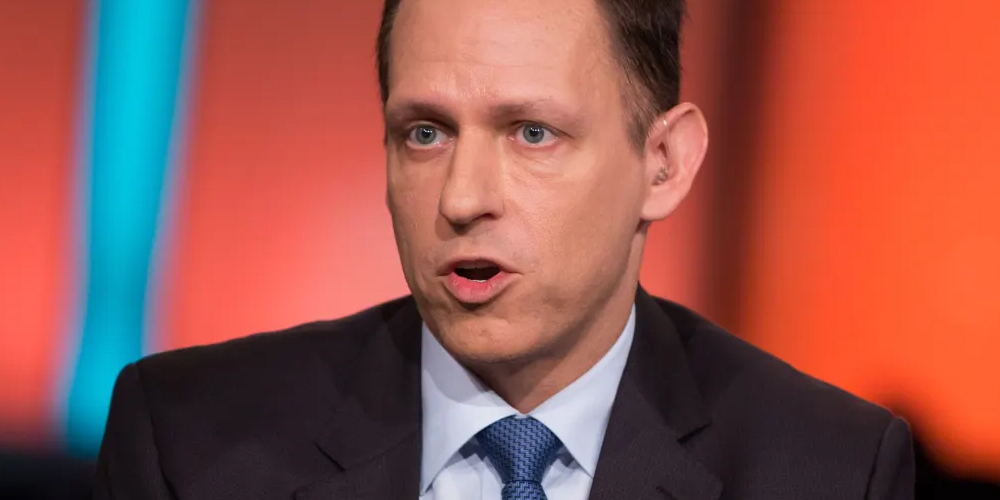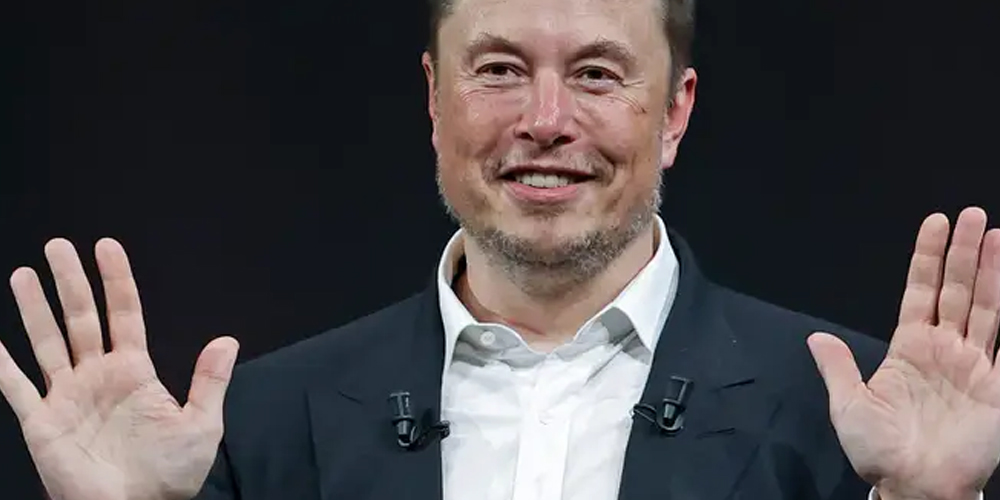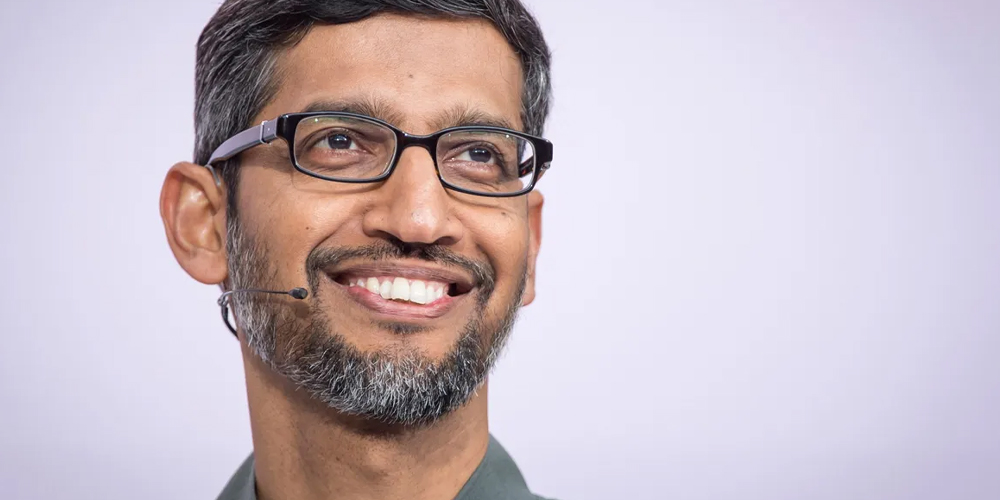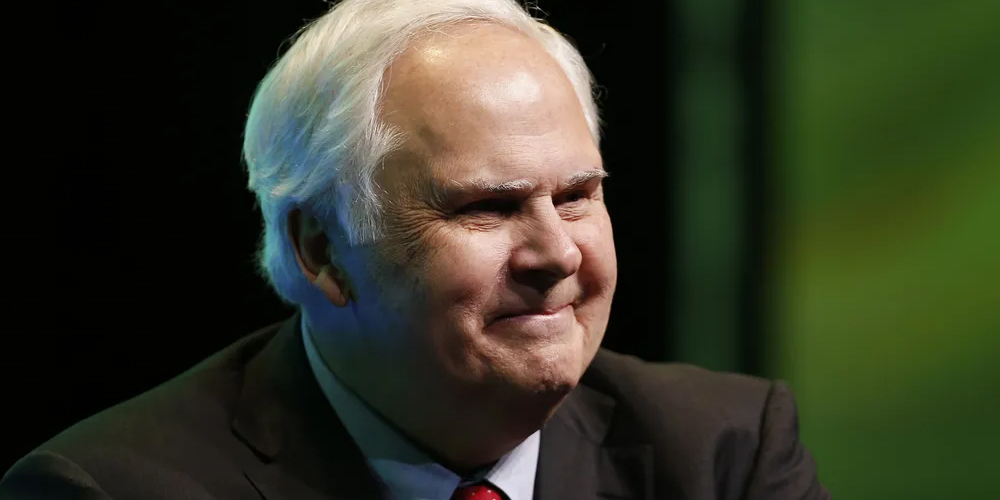Here’s a comprehensive 2000-word article on Peter Thiel, structured according to your specifications.
Peter Thiel: The Entrepreneur Behind PayPal and Palantir
Peter Thiel is a prominent figure in the tech industry, recognized for his groundbreaking contributions to various fields. As a co-founder of PayPal, he revolutionized online payments and established himself as a visionary entrepreneur. Thiel’s influence extends beyond payment systems; he has significantly impacted the tech landscape through his investments and entrepreneurial ventures.
Early Life and Education
Peter Thiel was born on October 11, 1967, in Frankfurt, Germany. His family moved to the United States when he was just a toddler, settling in California. Growing up in a multicultural environment, Thiel developed a keen interest in technology and entrepreneurship. He attended Stanford University, where he earned a Bachelor’s degree in Philosophy. This academic foundation laid the groundwork for his future endeavors in the tech industry.
After completing his undergraduate studies, Thiel pursued a law degree at Stanford Law School. His time at Stanford provided him with critical analytical skills and a strong network, which he would later leverage in his business ventures. Thiel graduated with his law degree in 1992, and soon after, he began his career in finance and technology.
Co-Founding PayPal
In 1998, Thiel co-founded PayPal with Max Levchin and Luke Nosek. The company’s goal was to create a secure platform for online transactions, enabling users to send and receive money via email. At a time when online payments were fraught with security concerns, PayPal quickly gained traction among consumers and businesses alike.
Thiel played a critical role in shaping PayPal’s business model and strategy. He focused on creating a user-friendly experience while ensuring robust security measures. The company introduced features like fraud detection and encryption, which helped build consumer trust. Within a short time, PayPal attracted millions of users and established itself as a leader in the online payments space.
In 2002, eBay acquired PayPal for $1.5 billion, marking a pivotal moment in Thiel’s career. The acquisition provided him with significant financial resources, allowing him to pursue other ventures and investments. Following the acquisition, Thiel continued to serve on PayPal’s board until 2007, guiding the company through its transition into eBay’s broader ecosystem.
Venture Capital and Investments
After the success of PayPal, Thiel founded Founders Fund, a venture capital firm that focuses on investing in innovative startups. Founders Fund has supported numerous companies across various sectors, including technology, healthcare, and energy. Some notable investments include Facebook, LinkedIn, and SpaceX.
Thiel’s investment strategy emphasizes identifying disruptive technologies and visionary entrepreneurs. He has a knack for recognizing potential where others may see risk. For instance, his early investment in Facebook, which he joined in 2004, proved immensely profitable. Thiel’s $500,000 investment turned into billions as Facebook grew to become one of the world’s largest social media platforms.
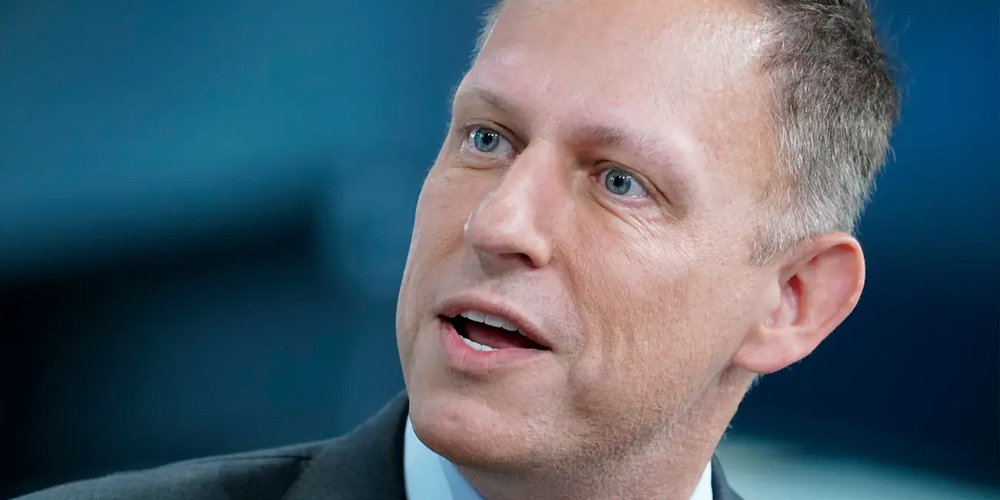
Founding Palantir Technologies
In 2003, Thiel co-founded Palantir Technologies, a company specializing in big data analytics. The company was established with the goal of helping organizations make sense of complex data sets. Palantir’s software is designed to enhance human intelligence by providing insights derived from large volumes of data.
Palantir initially focused on government contracts, particularly with intelligence and defense agencies. The software proved instrumental in counter-terrorism efforts, helping analysts sift through vast amounts of information to identify threats. Over time, Palantir expanded its services to include commercial clients, offering solutions for industries like finance, healthcare, and energy.
Thiel’s vision for Palantir was to create a platform that empowers users to make informed decisions based on data. The company’s emphasis on privacy and security has also resonated with clients concerned about data breaches and misuse. As of today, Palantir remains a key player in the big data space, continually evolving its offerings to meet the needs of its diverse clientele.
Philosophy and Influence
Thiel is known for his contrarian views on technology and business. He believes that true innovation comes from creating something entirely new rather than competing in existing markets. This philosophy is detailed in his book, Zero to One, where he argues that startups should focus on developing unique products that solve significant problems.
In “Zero to One,” Thiel discusses the importance of monopolies in fostering innovation. He contends that competition can stifle creativity and progress. Instead, he advocates for companies to carve out niches where they can operate without direct competition. This perspective has influenced a generation of entrepreneurs who seek to disrupt traditional industries.
Political Involvement and Controversies
Thiel’s political involvement has garnered attention and sparked debates. He was a vocal supporter of Donald Trump during the 2016 presidential election, which surprised many in the tech industry. Thiel’s endorsement of Trump highlighted his willingness to challenge conventional wisdom and align with a candidate who prioritized innovation and business interests.
His views on various issues often diverge from mainstream opinions, making him a polarizing figure in both tech and politics. Thiel has also expressed skepticism about certain aspects of globalization and has called for a reevaluation of America’s role in the world. These positions have led to both criticism and praise from different segments of society.
Legacy and Future Aspirations
Peter Thiel’s impact on technology and entrepreneurship is undeniable. Through his work with PayPal and Palantir, he has shaped the landscape of online payments and data analytics. His investments continue to drive innovation across various industries, proving his relevance in an ever-evolving tech landscape.
Looking to the future, Thiel remains committed to supporting groundbreaking ideas that can change the world. He often emphasizes the need for bold thinking and risk-taking in entrepreneurship. As technology continues to advance, Thiel’s insights and contributions will likely play a significant role in shaping the next wave of innovations.
Conclusion
Peter Thiel exemplifies the spirit of innovation and entrepreneurship. From co-founding PayPal to shaping the future of data analytics with Palantir, his contributions have left a lasting mark. As technology continues to evolve, Thiel’s influence will undoubtedly persist, inspiring future generations of entrepreneurs and innovators. His journey serves as a testament to the power of vision, determination, and the belief that innovation can drive meaningful change.
In summary, Peter Thiel’s career reflects the dynamism of the tech industry. He has navigated challenges and seized opportunities, proving that with the right mindset, success is achievable. As he continues to explore new ventures, the business world eagerly anticipates his next move.

